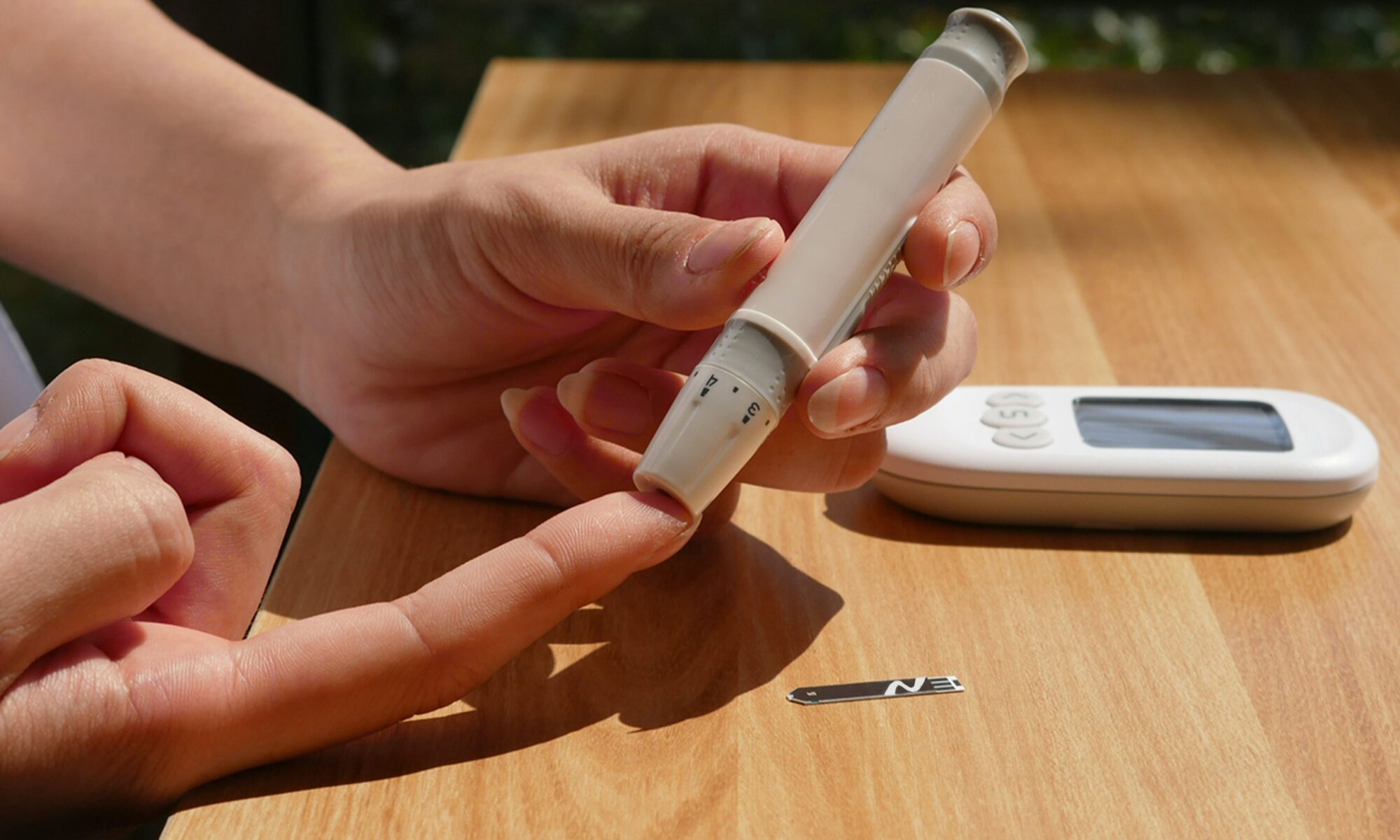Managing type 1 diabetes is a complex process. Every person is different and must figure out what strategies and devices work best for their care, and that involves working together with their healthcare provider. Results of a recent audit have identified some key factors that contribute to better diabetes management from a provider perspective.
Participants in the study included top clinics that care for more than 500 individuals with type 1 diabetes. Results found that at up to 40 percent of patients achieved HbA1c levels of 58mmol/mol or lower at some centers, while in other centers only 20 percent of patients hit this target. The data was analyzed in an effort to identify factors that may have contributed to these differences.
Some of the strategies that have been found effective include providing structured education and dedicated pump clinics for patients to support them in diabetes care. More than half of the centers that participated in the audit reported having nurses and staff that were specially trained in type 1 diabetes care. Several of the centers also offered support services via phone and online to patients and focused on improving access to continuous glucose monitors (CGMs).
It may also be beneficial for treatment centers to partner with other services including psychological care and community organizations to improve outcomes for patients. Taking a collaborative approach could support patients in managing health across multiple areas thereby enhancing overall type 1 diabetes care.
The Diabetes Research Connection (DRC), though not involved in this study, is committed to advancing knowledge and treatment when it comes to type 1 diabetes. The DRC provides critical funding to support early-career scientists in conducting peer-reviewed, novel research studies. To learn more and contribute to these efforts, visit https://diabetesresearchconnection.org.




